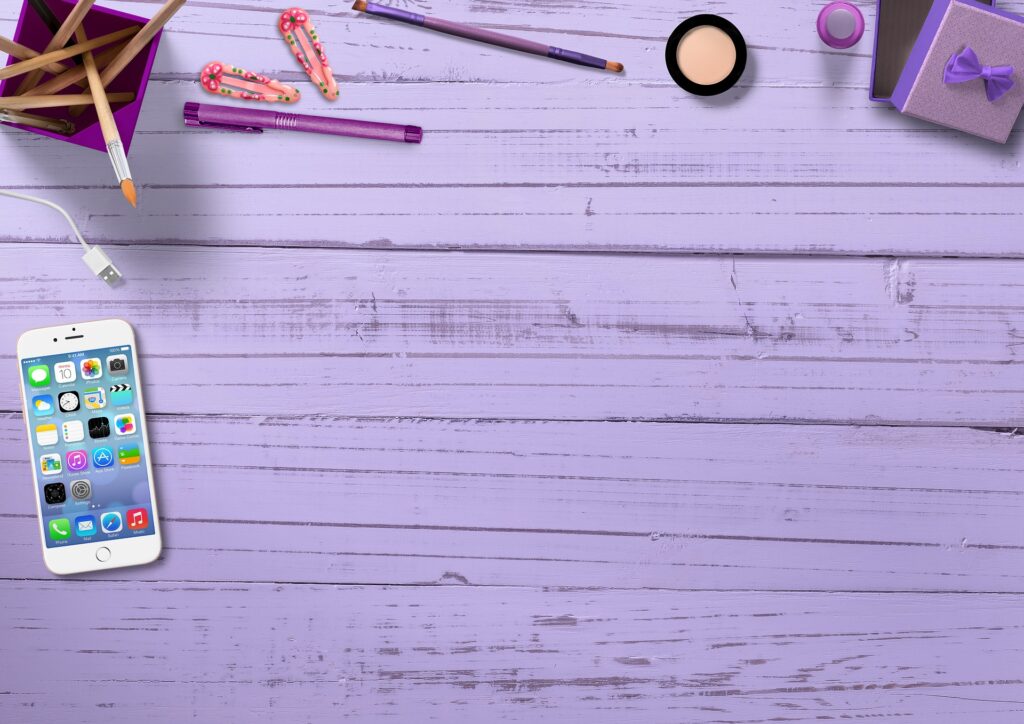Adolescence has always been a challenging time of emotional and physical development, but as the Wall Street Journal’s recent reporting on Facebook demonstrates, growing up digital is more complicated than ever. Studies suggest that social media use is linked to increased rates of depression and social anxiety, and recent whistleblower allegations show that Facebook’s own research has confirmed just how harmful Instagram can be for teenage girls in particular.
Social media can provide opportunities for connection and friendship, but if used in unhealthy ways, can lead to dire consequences. With that in mind, Children and Screens: Institute of Digital Media and Child Development has invited a distinguished panel of interdisciplinary researchers, clinicians, educators, and experts to weigh in on how teens can make the most of their social media time, while navigating the myriad of self-esteem, social comparison, and body image issues that apps like Instagram, Facebook, and TikTok can easily exacerbate.
1. SOCIAL MEDIA FEEDS ARE FANTASY REELS
What you see on your social media feeds can be highly curated and manipulated. What do you “like” on your feeds and what do you see others “like”? What you see may not represent what most people think (i.e., because people click “like” even when they don’t like something). Even though you know that online images don’t reflect reality, chances are that you will still be affected emotionally by those images. Try to remember that no one is perfect – all you can do is be your best self!
Mitch Prinstein, Ph.D., Co-Director, WiFi at teensandtech.org, Chief Science Officer, American Psychological Association
Instagram, Thinspo and other sites — they’re all full of images of beauty that appeal to your images of who you’d like to be. But they’re traps that aren’t what they seem. When you find yourself getting into their fantasy worlds, remember it’s their world, not yours. Not the one you want to develop and build and grow into. When you find yourself saying how beautiful and cool and amazing these young women are, try to stop yourself. You know you sometimes feel bad after spending so much time on these sites, and maybe it’s because you end up feeling bad about yourself. You’re basking in their glory when you’ve got so much more to contribute to the world. Probe, explore, and nurture yourself.
Richard M. Perloff, PhD, Cleveland State University Professor of Communication, Psychology, and Political Science
2. #NOFILTER
Be authentic online; you don’t have to put on a show for anyone. After all, beauty shines from you from the inside. One of the most insidious characteristics of social media is filters. While some are goofy and fun, such as filters that add puppy ears or hypnotic eyes, many filters create unrealistic versions of bodies and faces. The more teens who are willing to post images, without filters, the more realistic everyone’s social media feeds will look.

3. BE KIND ONLINE
One of the easiest ways to put a smile on someone else’s face is to comment with a kind message or share something uplifting. Practice the same gratitude and positivity online as you do offline. Remember all of the wonderful things about yourself – your abilities, talents, kind actions, and upstanding character, rather than focusing on your appearance, and take the time to remind your friends and family why they are great, too!
4. DON’T OVER CURATE YOUR OWN FEED
| Think about how you choose to curate your own feeds. I’m struck by the amount of articles online that say something along the lines of, “Life is about creating yourself; be more interesting, be funnier, achieve more, be better.” At first glance, that sounds really great, but the problem is that the goal is infinite, and the result is that people can feel like they’re constantly failing. Emily Downe, MA, film director and animator |
6. REFRAME
| Remember that social media reflects a cherry-picked highlight reel of the best parts of people’s lives. Instead of viewing social media posts as competition, reframe them as a source of information. When seeing an Instagram picture featuring a friend receiving a scholarship, for example, instead of concluding, “I’m not as good as the friend,” think of this as an opportunity to learn more about the scholarship. In the digital age, learning how to approach texts and images on social media in an adaptive manner is crucial for positive development. |
Chia-chen Yang, PhD, Assistant Professor of Educational Psychology, Oklahoma State University
7. BE DISCERNING
One of the biggest tips I always tell people is to remember that whom you follow on your social media is just as important as whom you keep in your personal life. Even though social media does not portray real life due to filters, facetune, edits, only posting positive moments, etc., social media does affect real life. So whom you follow will impact your life positively or negatively. Instead of following people who trigger you or ignite unhealthy mindsets, follow people who inspire you and motivate you to be the best version of yourself.
Brittani Lancaster, Body Positive TikTok Star

8. GET SOCIAL MEDIA LITERATE
Social media companies are attempting to make a profit by keeping you online for as long as possible, so think about this next time you find yourself scrolling mindlessly. Positive social media habits, such as building others up and promoting positive civic engagement can be powerful, as well. Social media literacy can help you use social media in moderation and minimize the effects of exposure on your developing brains.
Mitch Prinstein, Ph.D., Co-Director, WiFi at teensandtech.org, Chief Science Officer, American Psychological Association
9. LEARN TO LOVE YOURSELF
Before looking at other people’s newsfeeds, you need to look at and learn yourself. Getting educated on the pitfalls of social media, filters, and comparisons is important, but learning about yourself is essential. Think critically about whom you follow, why, and how it makes you feel. Consider what you are posting and why. Getting curious about other people’s motivations and thinking critically about your own can help you combat insecurities, discover your own needs, and value what’s truly important.
| Lisa Crilley, LMFT www.lisacrilley.com Los Angeles Institute and Society for Psychoanalytic Studies Co-Chair: Altered States of Body and Mind: A psychoanalytic exploration of addiction and eating disorders |
| ABOUT CHILDREN AND SCREENS: Since its inception in 2013, Children and Screens: Institute of Digital Media and Child Development, has become one of the nation’s leading non-profit organizations dedicated to advancing and supporting interdisciplinary scientific research, informing and educating the public, advocating for sound public policy for child health and wellness, and enhancing human capital in the field. For more information, see www.childrenandscreens.com or write to info@childrenandscreens.com. |
Also on Coast to Coast
-
The Mirage: A Legendary Chapter on the Las Vegas Strip
-
Desert Harvest’s Newest Product: Providing Gentle Relief to the Body
-
EPISODE 41 OF COAST TO COAST : The Mirage
-
EPISODE 41 OF COAST TO COAST: RIDING HIGHS & REVITALIZING ICONS: ANDY IRONS’ LEGACY, PALM SPRINGS’ GLAMOUR, & NEVADA’S MEGA PIT STOP!
-
Summer Essentials: Must-Haves for a Fun and Fresh Season!
